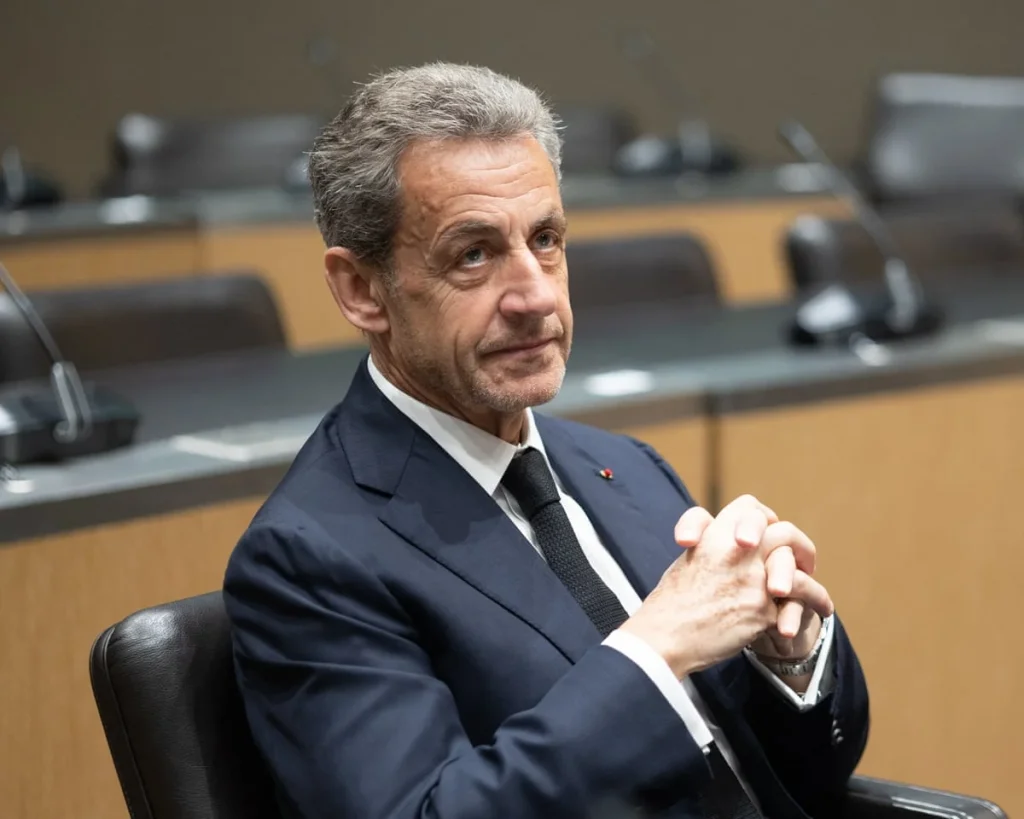Former French President Nicolas Sarkozy has been stripped of the Legion of Honor, France’s highest distinction.
This follows his 2021 conviction for corruption and influence peddling, as announced in a decree published Sunday, June 15, 2025, in the Journal Officiel.
The decision aligns with the Legion’s rules, marking a significant fall for the conservative politician who led France from 2007 to 2012.
Corruption Conviction Upheld
Sarkozy was found guilty by a Paris court in 2021, with the verdict upheld by an appeals court in 2023, for attempting to bribe a magistrate to gain information about a legal case tied to his presidency.
France’s highest court, the Court of Cassation, confirmed the ruling in December 2024, sentencing him to wear an electronic monitoring bracelet for one year.
This conviction triggered the rare revocation of his Legion of Honor.
Libya Funding Allegations
Sarkozy faces further legal scrutiny over claims he received millions in illicit funds from Libya for his 2007 presidential campaign.
Earlier in 2025, prosecutors sought a seven-year prison sentence in a trial that concluded with a verdict expected in September.
Sarkozy denies the allegations, but the case continues to tarnish his legacy, drawing parallels to other high-profile scandals.
Rare Company in Disgrace
Sarkozy becomes only the second former head of state to lose the Legion of Honor, following Nazi collaborator Philippe Petain, stripped in 1945 for treason as leader of Vichy France.
Other notable figures, including Hollywood producer Harvey Weinstein, revoked in 2017 amid sexual misconduct allegations, and disgraced cyclist Lance Armstrong, have faced similar consequences, highlighting the award’s strict ethical standards.
Sarkozy’s Enduring Influence
Despite retiring from public life in 2017, Sarkozy remains a key figure in French conservative politics, advising on campaigns and policy.
His legal battles, however, have overshadowed his political legacy, with ongoing cases fueling public debate.
There have been several mixed views, with some decrying Sarkozy’s punishment as politically motivated, while others see it as justice for systemic corruption.




















